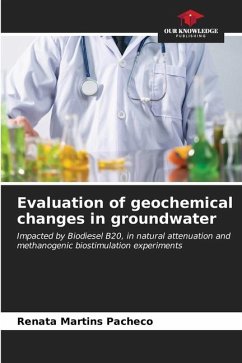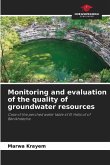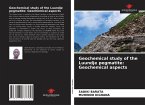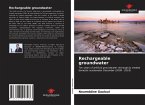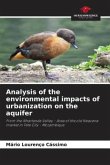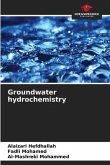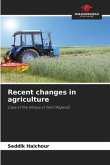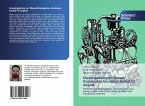The increase in the incidence of environmental accidents involving fossil fuels and the consequences associated with these compounds has encouraged the search for alternative energy sources, such as biofuels, among which biodiesel can be highlighted. With its increased use, it is also possible that there will be an increase in the incidence of environmental contamination with it. However, little is known about its impacts on groundwater, especially when associated with mixtures containing fossil diesel. With the aim of analyzing the behavior of the compounds present in B20 biodiesel blends (20% biodiesel by volume and 80% diesel) in the underground environment, two studies are being carried out at the Ressacada Experimental Farm. In two experimental areas, a controlled release of 100 liters of the B20 mixture was made and two different remediation techniques are being analyzed: Monitored Natural Attenuation and Methanogenic Biostimulation. This book evaluates the results of the first 15 months of the experiments.

